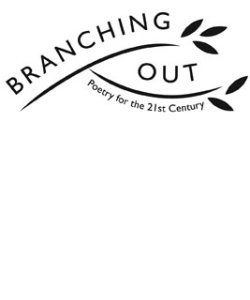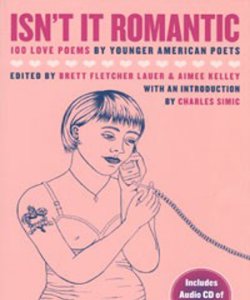Searching for Signs of Shakespeare
Most writers have heard the old saying about the Bard and the chimps: Gather 100 monkeys (or similarly hirsute primates) in a room, give them typewriters, and sooner or (more likely) later, they’ll deliver the complete works of Shakespeare. Nick Hoggard, a British computer programmer living in Sweden, has decided to put the theory—often attributed to Thomas Huxley, a 19th-century disciple of Charles Darwin—to the test.












